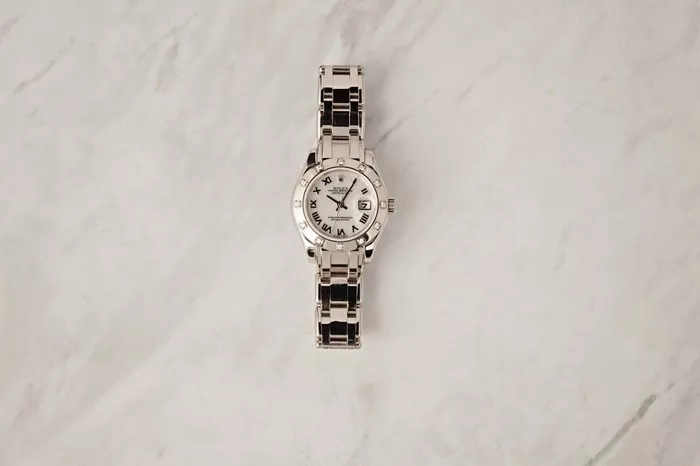In the ever-evolving landscape of luxury watches, Rolex stands as a timeless symbol of elegance and precision. As we turn the horological pages back to the 1980s, we embark on a quest to understand the cost of one of Rolex’s iconic models, the Datejust, during that era. Let’s explore the historical context, factors influencing pricing, and the enduring appeal of this classic timepiece.
1. Rolex Datejust: An Emblem of Timeless Sophistication
Introduction and Legacy:
The Rolex Datejust made its debut in 1945, commemorating the brand’s 40th anniversary. By the 1980s, it had already solidified its place as a hallmark of sophistication, known for its date window and classic design.
Enduring Popularity:
The Datejust’s enduring popularity can be attributed to its versatile aesthetics, combining elegance with functionality. The 1980s saw this model adorning the wrists of individuals who sought a perfect blend of luxury and practicality.
2. Historical Context of Rolex in the 1980s
Economic Landscape:
The 1980s marked a period of economic growth and prosperity in many parts of the world. This prosperity, combined with an aspirational consumer culture, influenced the demand for luxury goods, including high-end watches.
Innovation and Evolution:
Rolex continued to innovate, introducing advancements in materials and technology. The 1980s witnessed the introduction of new materials and improvements in movement technology, contributing to the brand’s allure.
3. Pricing Dynamics of Rolex Datejust in 1980
Varied Models and Configurations:
The pricing of a Rolex Datejust in 1980 varied based on the specific model, materials used, and additional features. Different configurations, such as variations in the dial, bezel, and bracelet, influenced the overall cost.
Relative Accessibility:
While Rolex has always positioned itself as a luxury brand, the 1980s prices for the Datejust were relatively more accessible compared to contemporary values. Owning a Rolex remained a status symbol, denoting both success and discerning taste.
4. Factors Influencing Rolex Datejust Prices in the 1980s
Materials and Craftsmanship:
Rolex’s commitment to using high-quality materials and meticulous craftsmanship played a pivotal role in determining prices. The use of precious metals, such as stainless steel or gold, and the attention to detail contributed to the perceived value.
Inflation and Currency Fluctuations:
Economic factors, including inflation and currency fluctuations, influenced the pricing of luxury goods. Rolex, being a global brand, had to navigate these economic variables, impacting the cost of its watches.
5. The Enduring Appeal and Collector’s Market Today
Design Timelessness:
The timeless design of the Rolex Datejust from the 1980s has ensured its continued desirability. The classic aesthetics and attention to detail have transcended fashion trends, making it a sought-after piece for both enthusiasts and collectors.
Collector’s Market Influence:
Vintage Rolex watches from the 1980s, including the Datejust, have gained prominence in the collector’s market. Well-preserved pieces with unique features or historical significance often command premium prices, reflecting their enduring appeal.
Conclusion: A Glimpse into Timeless Luxury
In the tapestry of horology, the cost of a Rolex Datejust in 1980 serves as a testament to an era where craftsmanship met aspiration. The 1980s, marked by economic prosperity and a commitment to innovation, shaped the landscape in which the Datejust thrived. As we look back, the enduring popularity and collector’s market value of this iconic model underscore its timeless allure. Each tick of a Rolex Datejust from the 1980s echoes not just the passage of time but the enduring legacy of a symbol of timeless luxury.

